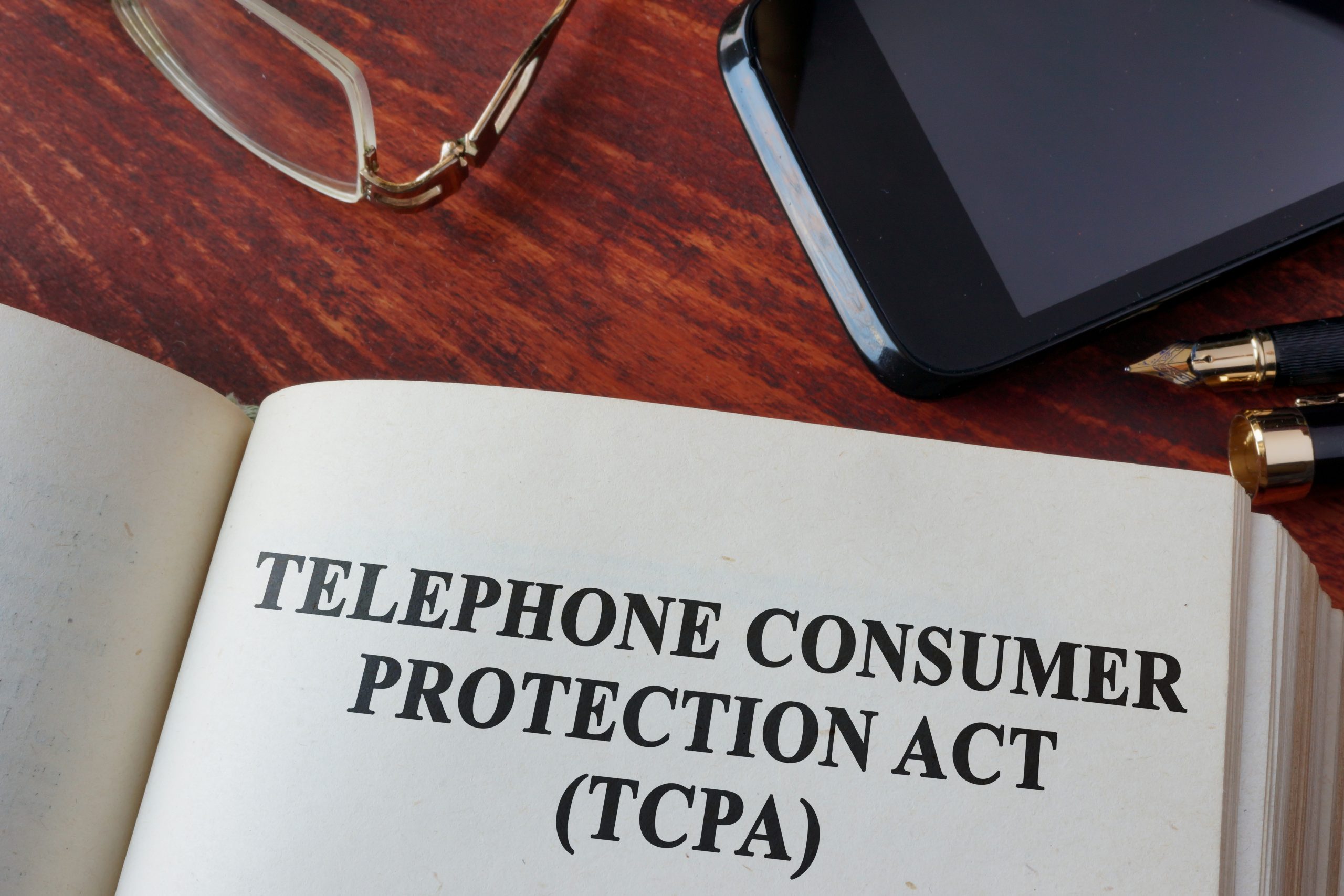While most Compliance Officers think of the FCC when they think about TCPA, there are a handful of states that have enacted their own mini-TCPA laws and regulations. These state-level requirements for TCPA are generally stricter than federal requirements and center around such topics as timing for calls, frequency of calls, and what is considered an auto dialer. As background, the Supreme Court in 2021 narrowed the definition of an ATDS (automated telephone dialing system), which spurred some states to enact their own laws. Some states had laws on the books prior to that, too.
In general, Compliance Officers who have purview over collections or marketing should become familiar with state-level TCPA. Let’s review a few highlights of some of the state-level mini-TCPA requirements below. The list is by no means complete, but should give Compliance Officers an idea of how to research this area:
Maryland: Set to take effect January 2024.
- Calls have to end at 8:00 p.m. (as opposed to the federal 9:00 p.m.)
- Prohibition on placing more than 3 calls/texts to the same number regarding the same topic in 24 hours.
- Cannot conceal identity through call-blocking technology
- Cannot display a different number than the one the call is originating from
- Has a private right of action.
- Violations are considered UDAAPs under Maryland law.
Florida: Original law effective July 2021; recent amendment weakening prior law, effective May 2023. Florida is going in the opposite direction of most states.
- Eased the prior Florida definition of an auto-dialer. Under the amendment, an auto dialer is something that does both things – selects and dials.
- Recipients can type STOP to receive in-coming text messages, sender has 15 days to update.
Oklahoma: Was effective November 2022.
- Definition of an auto dialer is broader than the federal TCPA.
- Excludes many business types.
Washington: Was effective June 2022. A more restrictive amendment to be effective in July 2023.
- Calls have to end at 8:00 p.m. (as opposed to the federal 9:00 p.m.)
- Caller must end the call promptly if the recipient indicates they want to end the call.
- Amendment creates a private right of action.
- Violations can be considered violations of the Washington Consumer Protection Act.
Texas: Effective pre- 2021
- Callers must hold a registration certificate before soliciting.
- Private right of action.
- Doesn’t pertain to texts
- Violations are considered violations of the Texas Deceptive Trade Practices Act.
Virginia: Effective date of recent amendments July 2020
- Callers must identify themselves by first and last name and identify on whose behalf the call is being made, must be done promptly upon starting call.
- Private right of action.
- Must provide correct caller ID information but may provide information for the entity on behalf the call is being made, as long as the phone number is a customer service number.
New Jersey: Set to take effect December 2023
- Telemarketers must identify their name, the name and telephone number of the person on whose behalf the call is being made, and the purpose of the call within 30 seconds of the call connecting.
- Telemarketers cannot block caller ID service.
- Telemarketers cannot use technology or method to display a telephone number or name not associated with the telemarketer or intentionally designed to misrepresent the telemarketer’s identity.
Since the elements of each state law are so detailed, we encourage Compliance Officers to perform thorough research on state-level TCPA before embarking on a project or monitoring review that includes TCPA in scope.





0 Comments